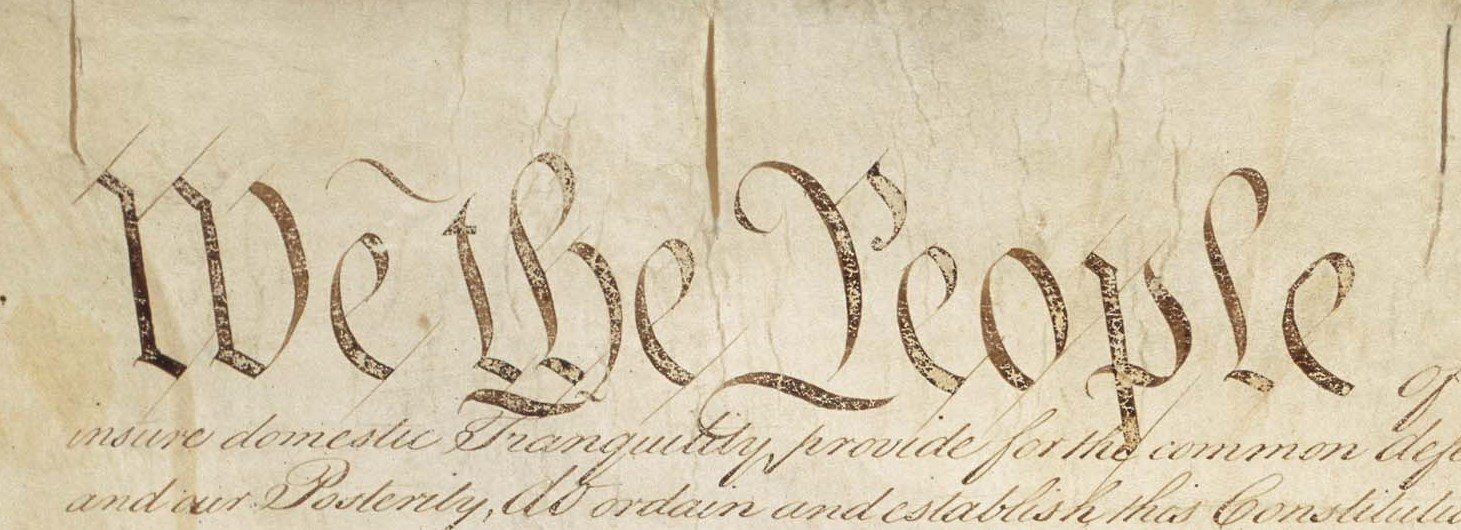It’s Up to Us
The most important player in a republic like ours isn’t the president, it isn’t the speaker of the House, and it isn’t the chief justice of the United States Supreme Court. It’s the citizen. The citizen. Whether she lives in a rural, farming community, or if he’s riding the subway to work in a skyscraper, each of us possesses a spark of sovereignty that collectively determines the direction of the nation.
Unfortunately, our ability to choose our own course is under attack. It has been for several years. In the fall of 2017, my colleague Mark Jacobson and I delivered a report describing the threat posed by Russia’s attacks against American democracy. We described a well-funded and sophisticated strategy that sought to capitalize on America’s own internal divisions in order to increase the Russian government’s freedom to act at home and abroad.
The truth is, as a nation, we have not done nearly enough to respond to this threat. That reality has meaning for 2020 and it will have meaning as we look ahead to future elections. Let me explain.
In 2017, we called for several specific actions—some requiring Congress to act, others focused on the administration, and others requiring contributions from across American society. In particular, we called for:
- bipartisan efforts to improve the public’s understanding of the threat;
- introspection in America’s newsrooms about reporting on stolen private communications;
- regulation of social media so that political ads and sponsored content are clearly identified;
- organizational changes in the White House and in the intelligence community to deal with this threat;
- action by Congress to eliminate so-called “dark money” in American politics, requiring greater transparency by companies operating in the United States, and forcing state-sponsored media, like Russia’s RT and Sputnik, to reveal the sources of their funding; and
- investment in the American people, including the scholars and journalists who will educate the rest of the public about this threat while simultaneously contributing to improved civic and information literacy.
In truth, the threat didn’t go away after 2016. Just this week we learned that Russian military intelligence—in fact, the same unit responsible for the attacks on American political leaders and parties in 2016—has been trying to hack the computer network of Burisma, the Ukrainian energy company at the heart of President Trump’s impeachment.
We have to ask ourselves, what were the Russians trying to steal? And if they leaked what they stole, would U.S. news outlets be more discerning and exercise greater discretion than they exhibited in 2016? I’m doubtful.
The danger I worry about is that American politics—with unfettered free speech, dark money pouring in from unknown sources, and shell companies masking foreign participation—could become the battleground for great power competition. We know the Russians are active. What’s to keep the Chinese out? Or the Iranians? Once states internalize that they can benefit from lawlessness in American politics, the United States will cease being a super-power as our electoral politics becomes the battlefield for any state with the means to steal and spread information and disinformation.
That’s not hyperbole. It is happening.
The most beautiful thing about American politics is the free exchange of ideas. We want candidates to say what they think about China’s growing assertiveness without worrying that China might attack their campaign. We want candidates to call out Russia’s aggression in Ukraine without worrying that Russian political warfare might be used against them. We want American voices in our elections, not foreign money and not foreign influence.
Typically, we look to government to provide the defense of the republic, to protect us as citizens, and to organize the forces of freedom to defend our political system and way of life. Unfortunately, although the House has passed a bevy of bills to address many of these issues, the Senate has failed to act on any of them. The administration, despite some important actions in the intelligence community, is no better. What’s left to defend the republic exists outside of government.
In other words, it’s up to us, the American people—citizens—to defend our republic. But, then again, it always has been.

